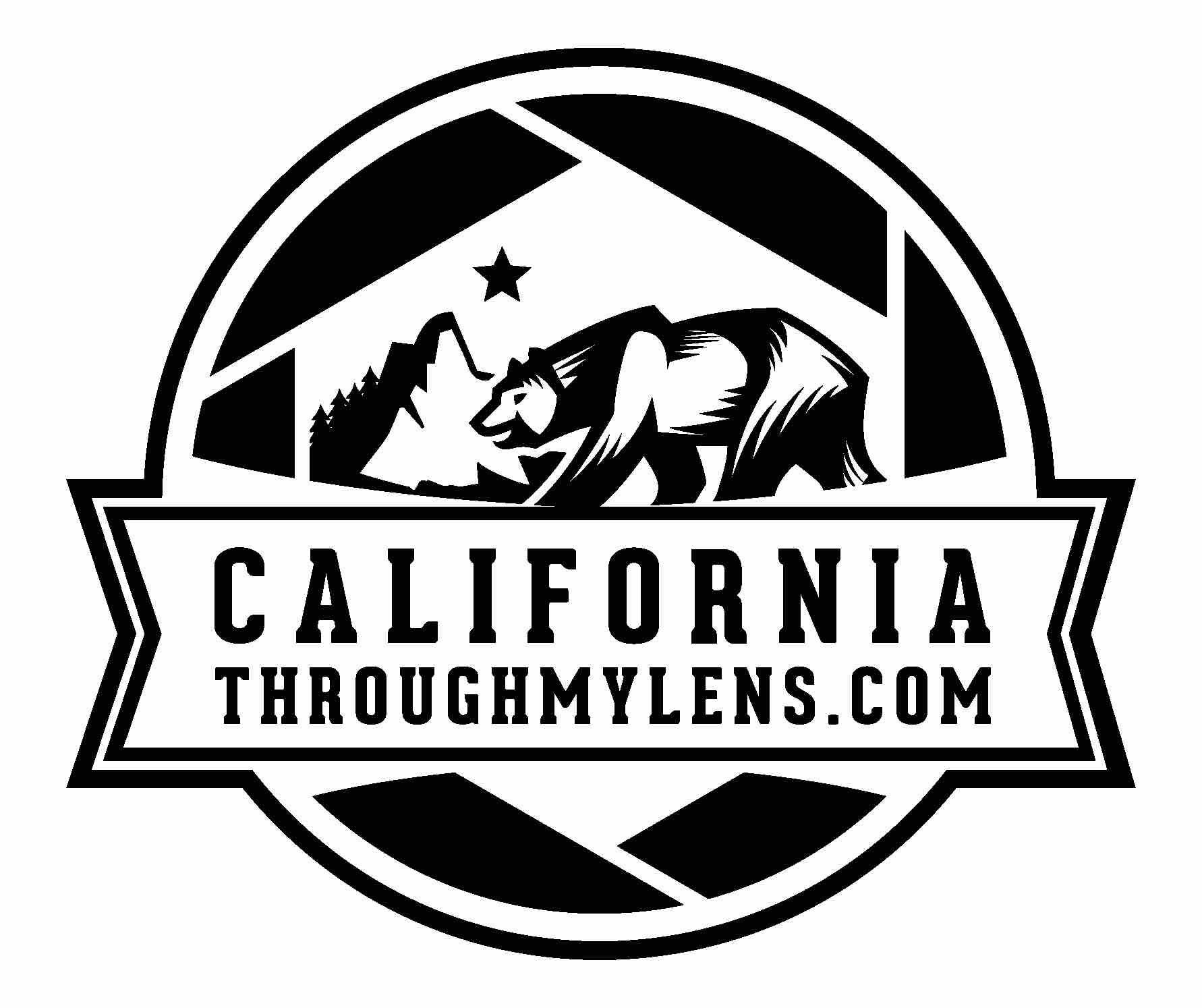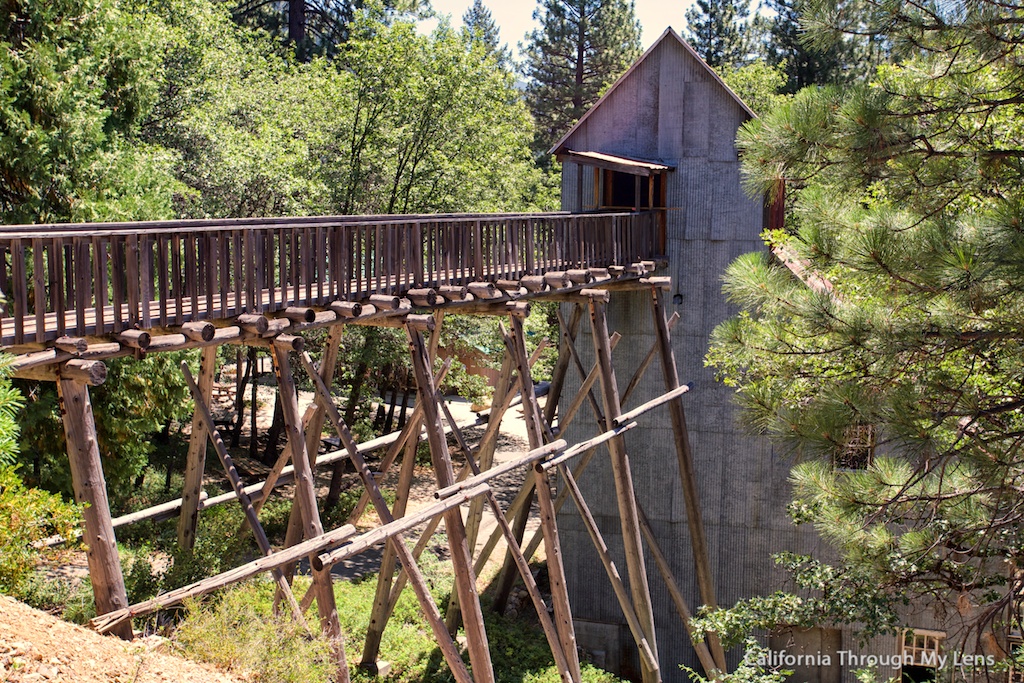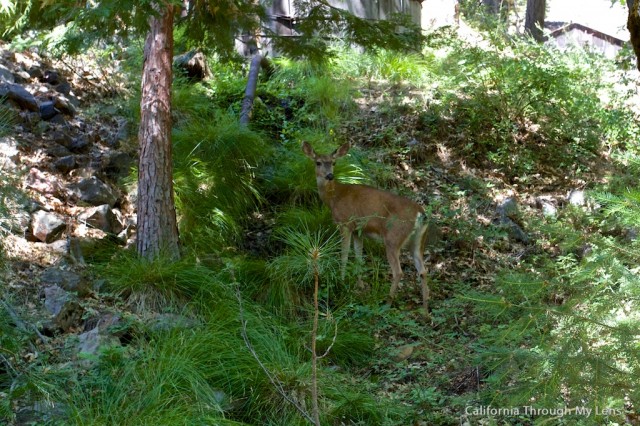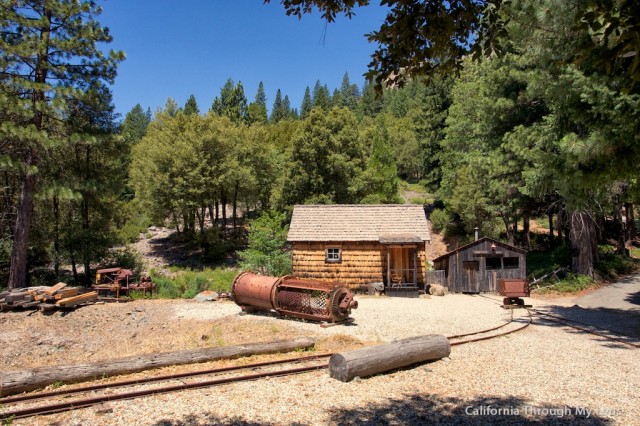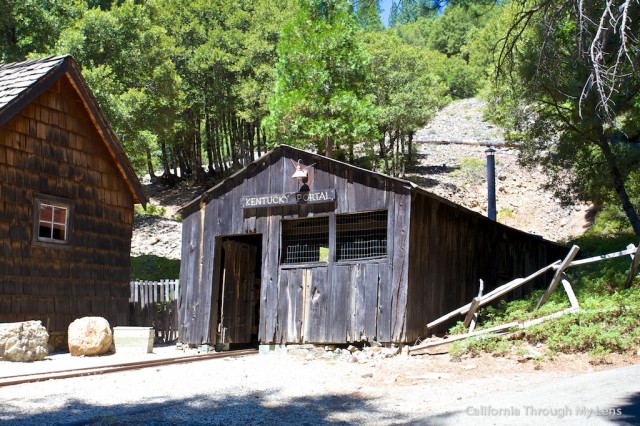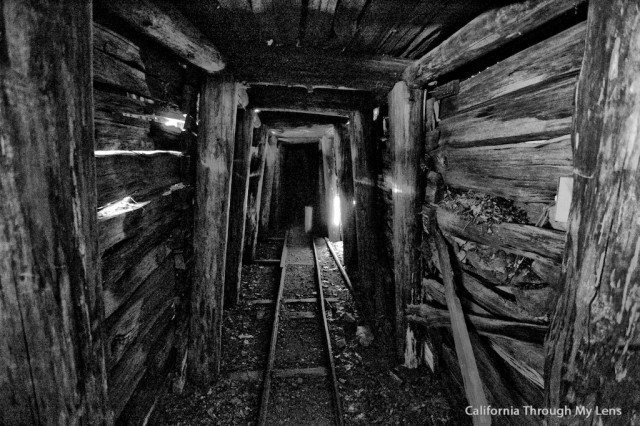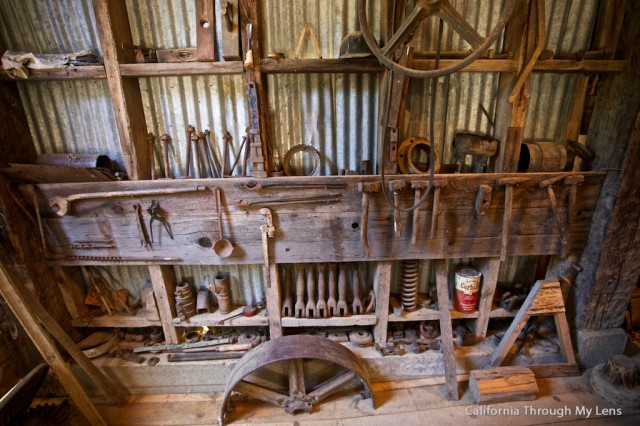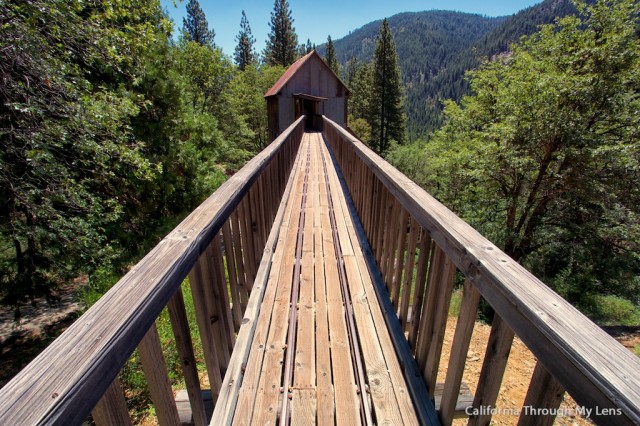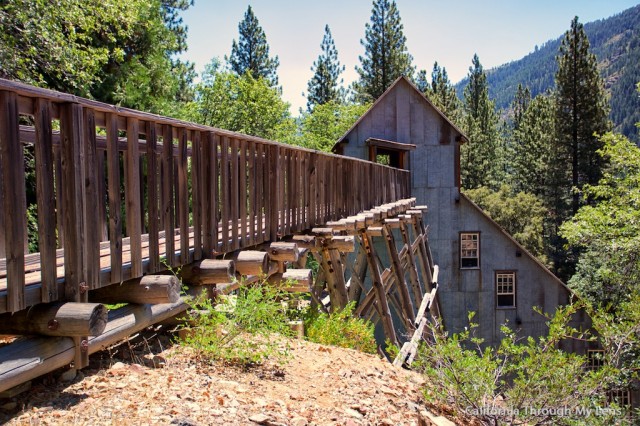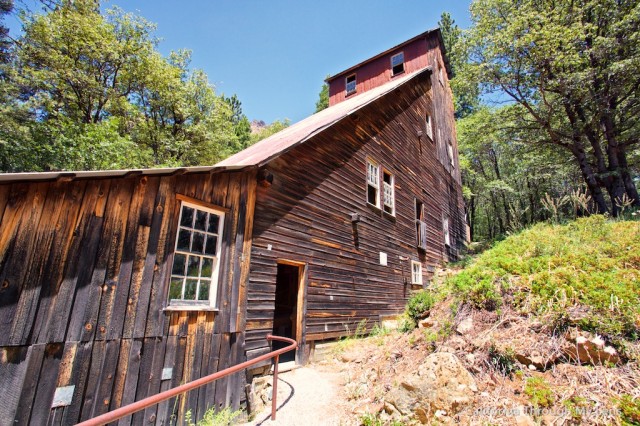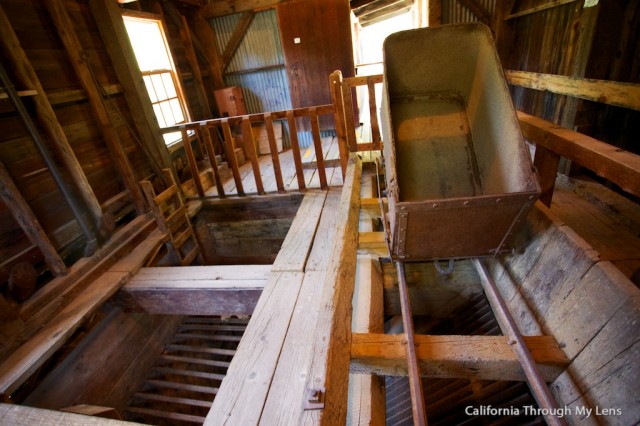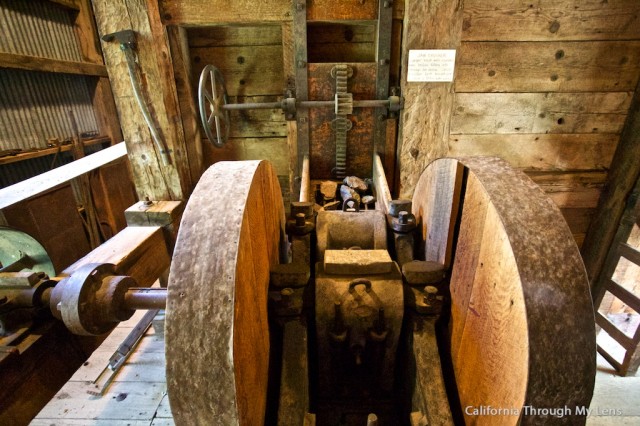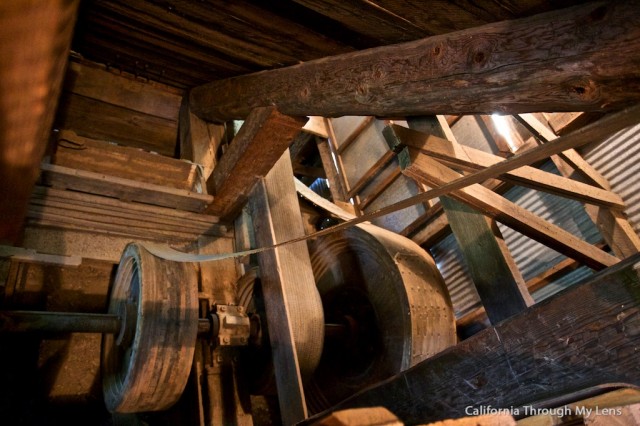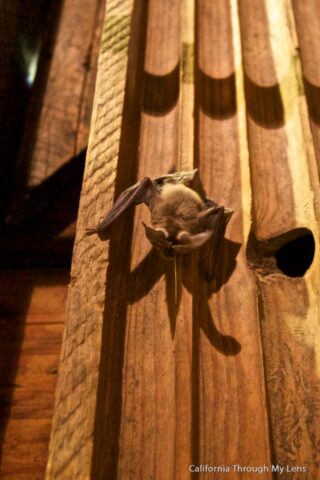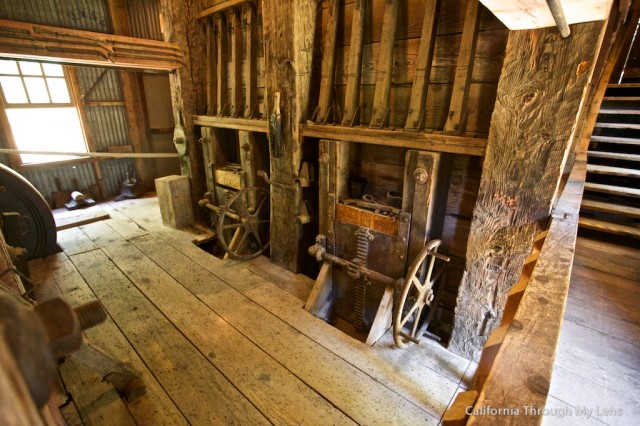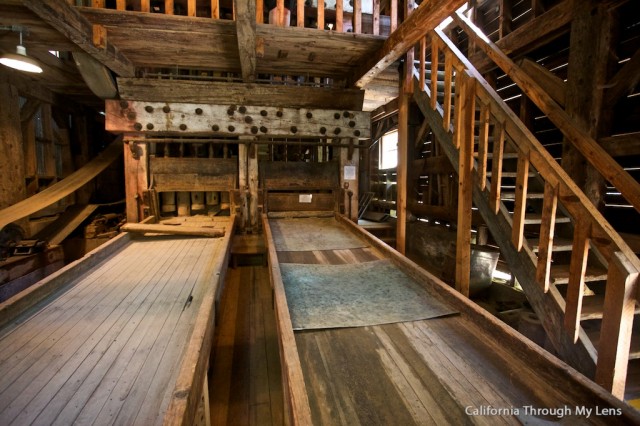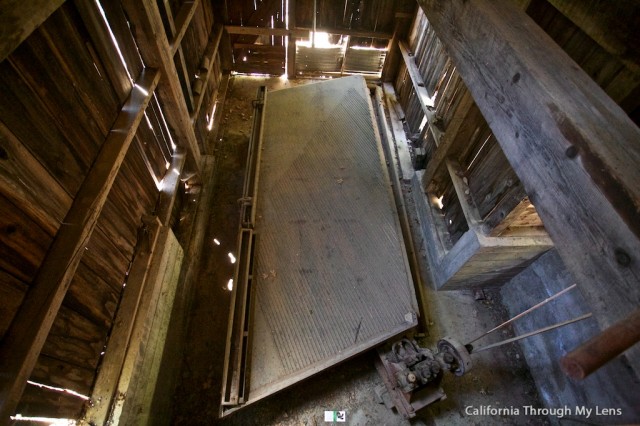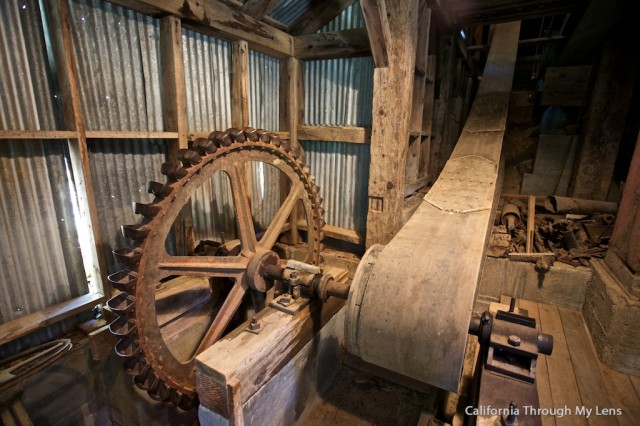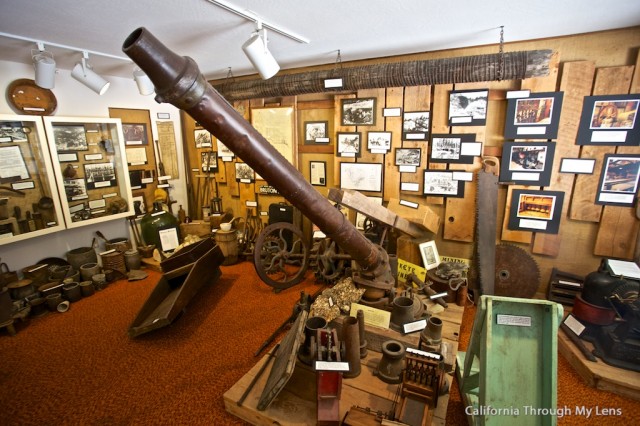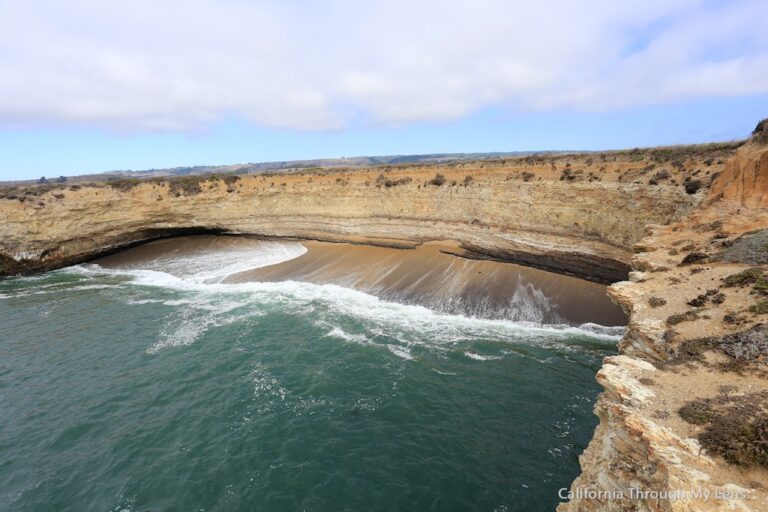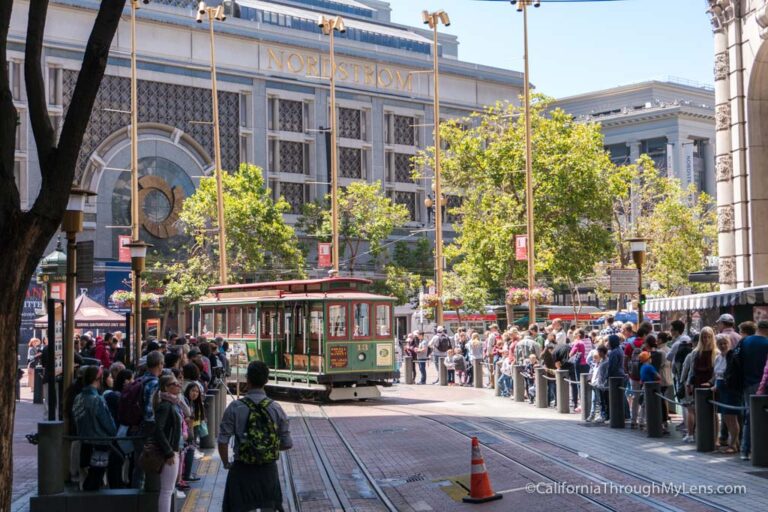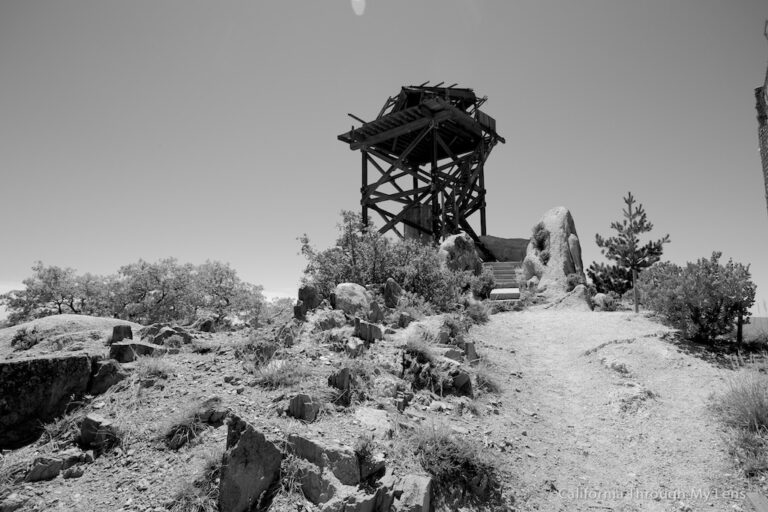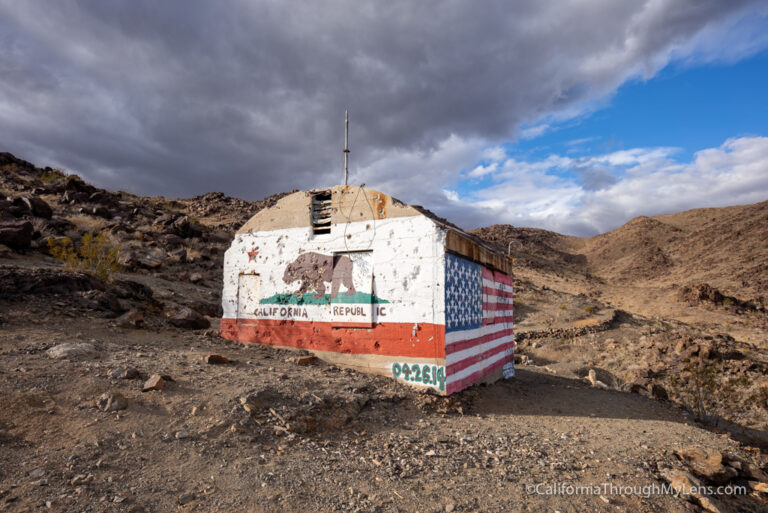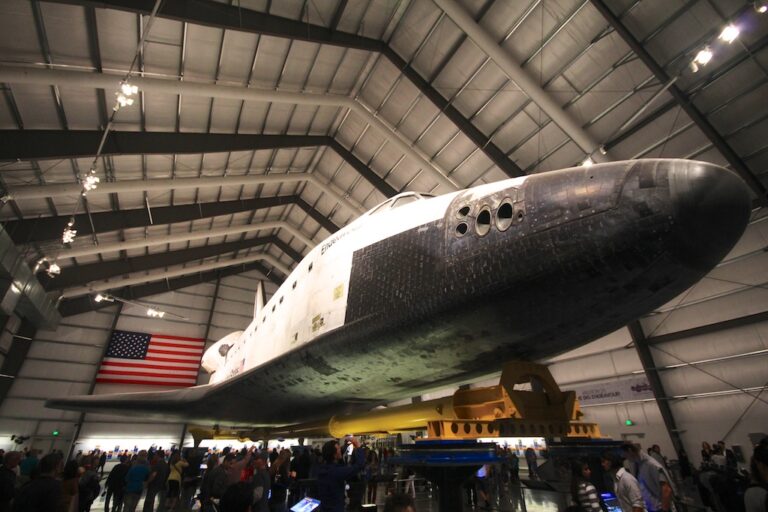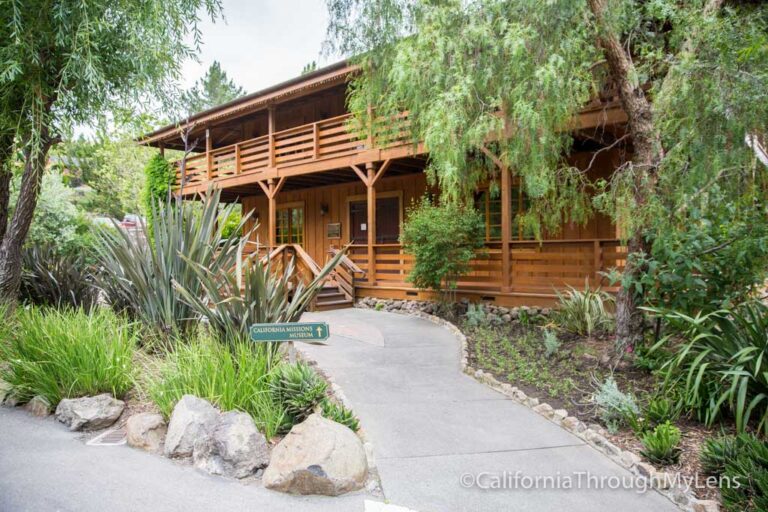Kentucky Mine Historic Park & Museum: Tour a Gold Rush Era Stamp Mill
In the small town of Sierra City, with only a grocery store and two restaurants, there is one of my favorite spots in all of Northern California, the Kentucky Mine. This old gold mine and mill is one of the best preserved mills from the gold rush era and is an excellent way to both interact and see the mining history of the area. This is a spot you must check out if you are near Tahoe. Here is all the information.
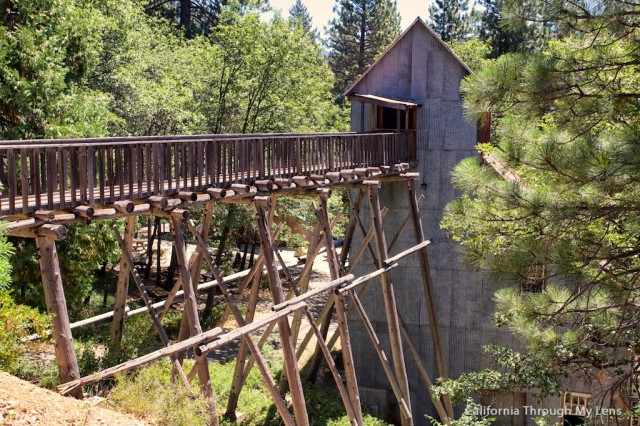
Details
- 7 dollars for a tour (as of 2015)
- 1 dollar for the museum only
- Hours: 10 AM – 4 PM
- Open only in the summer
- All information from 2015
First off, if you don’t do the tour, there is not a lot of reason to come here. The museum has some old relics but is very small and probably wouldn’t be worth the drive on its own. The tour, however, is chalked full of information and an amazing historical site. It takes about an hour and a half, and here is what you do on it.
The tour begins with the history of gold mining in the area and then moves up to the building that houses the mine.
In there, you will learn about the way they mined for the gold, from the tools to the success rate (low).
After this, you will have an opportunity to go into the mine itself. It had a cave-in three years ago though, and you can only go in about 15 feet, so it is somewhat anticlimactic.
One of the most exciting things about this part of the tour is the old water machine that powered the work they did in the mine. After that, the tour heads into the stamp mill, and this is when it becomes fascinating.
First, you have to cross the bridge, which was what initially drew me to visit the mill. It is a wooden trestle that the ore was pushed across before it was crushed in the mill. It has a style that is not present in modern architecture, and I loved photographing it.
The mill itself is 70 feet tall, and it houses a four-step extraction process for the gold. The tour guide takes you through and explains the process from beginning to end; here are the floors.
Top Floor
This floor is where the carts of ore were dumped, and if it was small enough, it went down to the next step. If not, it got stuck on the grate and had to be broken down.
Fourth Floor
This floor houses the machine that started the crushing process. It had a massive belt to power it and a lot of rudimentary tools to help the process.
3rd Floor
This floor is where the smaller pieces of ore fell into and were put through another breaking process.
This is also where we met the bats for the first time. These bats come here around July to give birth to their babies and were all over the mill; it was crazy. We even got to see a few up close.
2nd Floor
This floor had a chopper type machine that continued to refine the rocks down to small enough pieces to be crushed.
1st Foor
This floor is where the water machine that powered the whole mill was and also where the stamps were. These stamps literally drop and crush the rocks into dust, which let the miners remove the gold from the ore.
Anything that doesn’t get crushed here drops down to the shaker, which is the last step of the process.
As you can see, this entire process was elaborate and pretty amazing for a turn of the century mill. This mill is one of only a few in the world that has not been refreshed and still has all of the original pieces in it. The tour is a must do on a visit here as these pictures do not do justice to seeing the fantastic stamp mill in person.
After completing the tour, you will have the opportunity to visit the museum if you did not see it beforehand. I loved the history and the artistry of the Kentucky Mill, and I cannot recommend it more if you are into history like I am. Make sure to leave a comment with your thoughts.
Get Directions
